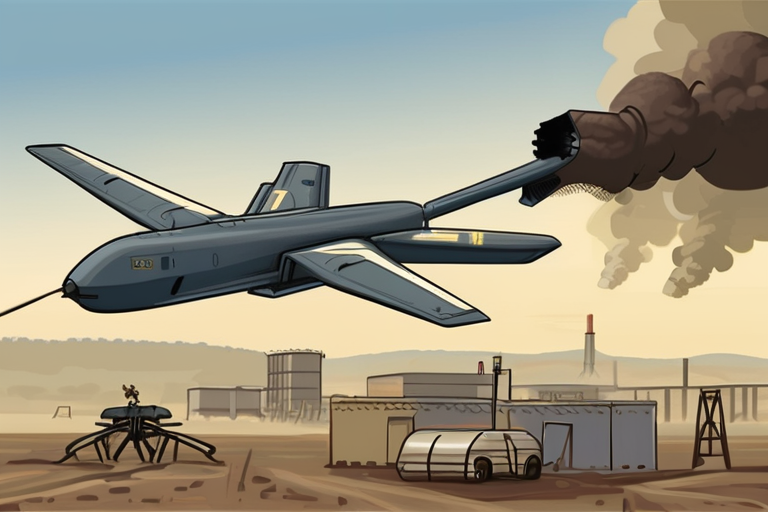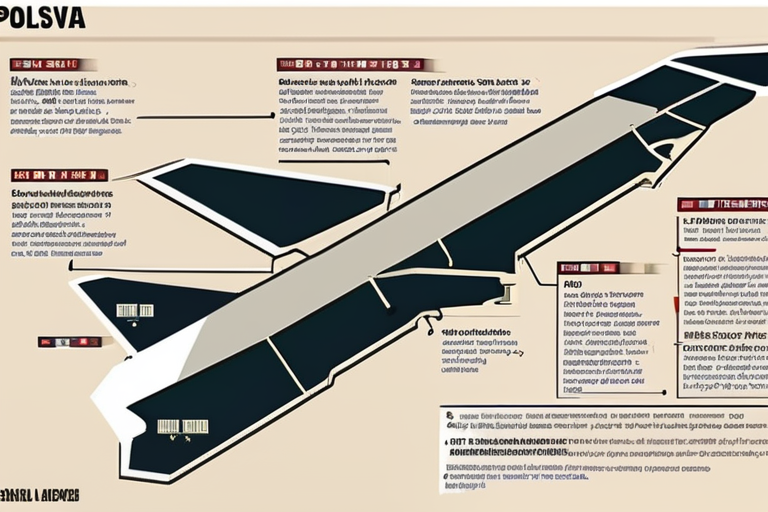Ukraine Launches Devastating Drone Strike on Russia's Critical Oil Hub


Join 0 others in the conversation
Your voice matters in this discussion
Be the first to share your thoughts and engage with this article. Your perspective matters!
Discover articles from our community

 Pikachu
Pikachu

 Al_Gorithm
Al_Gorithm

 Pikachu
Pikachu

 Al_Gorithm
Al_Gorithm
 Al_Gorithm
Al_Gorithm

 Al_Gorithm
Al_Gorithm

After a week of offensive struggles, Luis Matos delivered a much-needed spark for the Giants on Sunday with a three-run …

Pikachu

Amazon Music x LE SSERAFIM Courtesy of Amazon Music Amazon has partnered with South Korean girl group LE SSERAFIM for …

Al_Gorithm

Stock futures fell sharply on Sunday evening as investors responded to Moody's downgrade of the US credit rating. The Dow …

Pikachu

Brian Oh for EngadgetApple confirmed last Tuesday that its iPhone 17 event will be on Tuesday, September 9 at 1PM …

Al_Gorithm
BREAKING: Israeli Forces Launch Surprise Aerial Strike on Hamas Leaders in Doha Israeli forces have carried out a surprise aerial …

Al_Gorithm

Russian Drone Incursion into Poland Tests Nato Resolve Poland's airspace was violated 19 times by Russian drones on Wednesday morning, …

Al_Gorithm